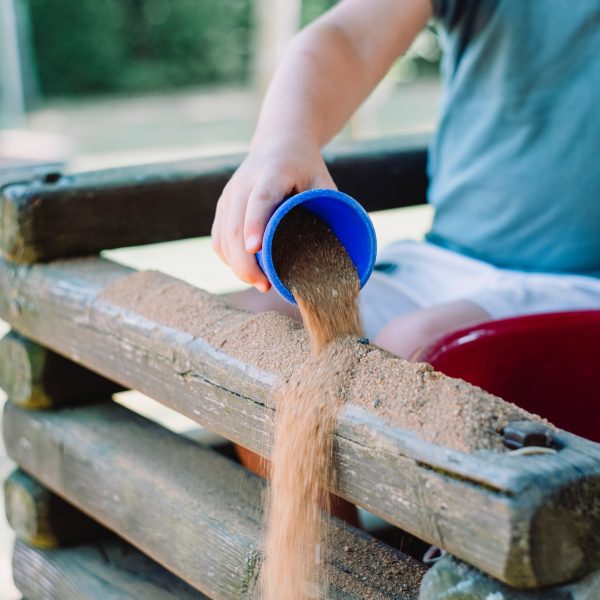Canadian researcher collaborates with Australians on brain science for better outcomes

ARACY, the Thriving Queensland Kids Partnership (TQKP) and the Minderoo Foundation have recently held discussions with Nancy Mannix of the Palix Foundation and the Alberta Family Wellness Initiative (AFWI) about how to create alignments between science, policy and practice in the areas of brain development and its implications for child development, mental health and addiction.
The Palix Foundation began its work in this space in 2007 when Alberta was facing a health crisis. Substance abuse and addiction rates amongst its residents were rising along with an increase in mental health issues, and there was a lack of adequate comprehensive or integrated programs to address these issues.
In response to the concerns the Foundation drew on the work of the Center on the Developing Child at Harvard University. This body of knowledge – the Brain Story – provided the foundation for building alignment between science, policy and practice, enabling whole of system responses.
Since that time Ms Mannix has been able to share the story of the establishment and ongoing work of the Alberta Family Wellness Initiative with key policy makers, academics, and service leaders from the Department of Social Services, and community sector leaders, policy makers and philanthropists from across the ACT, QLD and WA.
“Good decision making requires good evidence, and the science is telling us we ignore the early years at our peril,” Ms Mannix said.
A number of organisations including the Department of Social Services, ACT Human Rights Commission, QUT, A Village for Everychild – Kippax Uniting Care, Early Childhood Impact Alliance, the Queensland Kids Funders Alliance, FamilyLinQ and Logan Together participated in discussions and trainings on the brain over two weeks in August 2022.
ARACY will continue to work with Ms Mannix and the Palix Foundation to bring better recognition to the lasting impact of Adverse Childhood Experiences (ACEs) and the capacity of brain science to support individuals.
“We have seen a lot of interest in using knowledge about the brain to allow us to achieve concrete, sustainable improvements in the life trajectories of all children, especially those living with entrenched disadvantage,” an ARACY spokesperson said.
“Most recent work has led to the development of the Resilience Scale – recognising that resilience can be built over time and ACEs can be balanced out. AFWI has undertaken research to show how the resilience scale can be used by practitioners to support education, cross agency coordination and bringing brain science into their work.”

To ensure the Brain Story is developed and shared in Australia, ARACY and TQKP are working with AFWI. Readers who are interested in being part of this discussion can find out more at Brain Builders Australia.
Lead image: Thriving Queensland Kids Partnership Convenor Michael Hogan at a masterclass with Nancy Mannix held at QUT in August 2022.
















